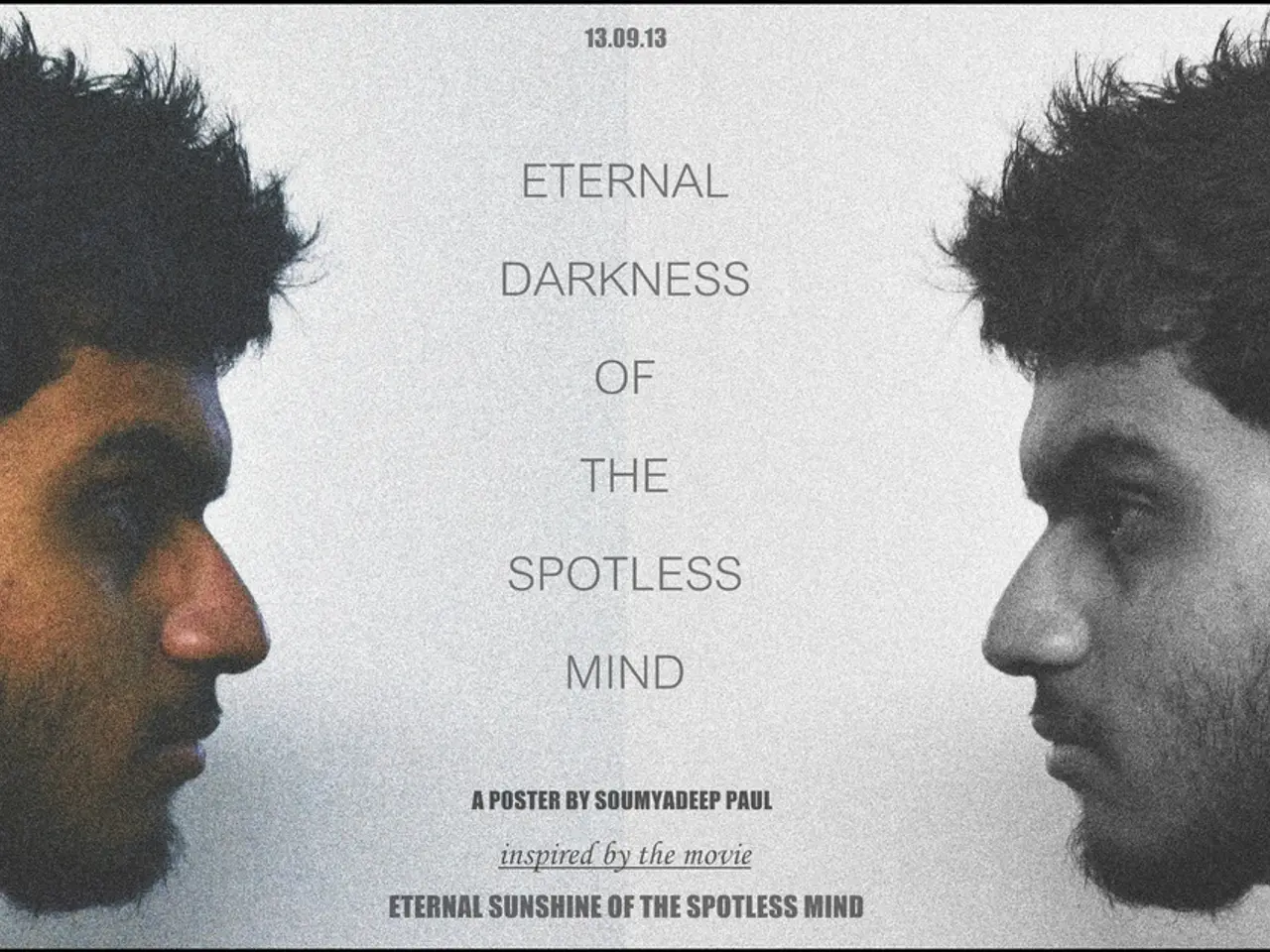Film director Aanand L Rai firmly condemns the AI-altered version of his movie Raanjhanaa, labelling it as profoundly disrespectful. He described the altered version as nothing less than devastating.
In the world of Bollywood, a stir has been caused by the re-release of the 2013 romantic drama Raanjhanaa, now titled Ambikapathy, in Tamil on August 1. The controversy centres around the AI-altered climax of the film, which deviates from the original tragic ending, and has been implemented without the consultation or approval of the film's original creators.
The film, originally helmed by Aanand L Rai, saw Dhanush in his Bollywood debut as the lead character Kundan. The original climax of Raanjhanaa saw Kundan sacrificing his life for love, a heartbreaking conclusion that contributed to the film's success, grossing over Rs 100 crore worldwide and becoming a cult classic.
However, in the AI-edited version of Ambikapathy, Kundan survives, marking a drastic change from the original narrative. This modification has sparked widespread backlash from filmmakers, actors, and audiences concerned about creative integrity.
Aanand L Rai, the director of Raanjhanaa, has strongly condemned this alteration, stating it as a betrayal of his artistic vision. He was not consulted about the AI-edited climax and criticised the producers, Eros International, for making changes without involving him or the original creative team. Rai expressed that the modification disrespects the original work and undermines the director’s creative control over the film’s narrative.
Actor Dhanush, who played the lead in the film, was also "completely disturbed" by the altered ending. He emphasised that this AI-generated happy ending stripped the film of its soul and violated the integrity of storytelling. Dhanush called for stricter regulations to prevent such unauthorized changes in the future.
The re-release of Ambikapathy features an AI-altered climax with a 'happy ending' that differs from the original. Apart from Dhanush and Sonam, the film also starred Abhay Deol, Mohammed Zeeshan Ayyub, and Swara Bhaskar in the leading roles. The AI-edited version of Raanjhanaa does not reflect the film the team intended or made.
Several members of the film fraternity, including Neeraj Pandey, Kabir Khan, Kanika Dhillon, Varun Grover, Renuka Shahane, and Tanuj Garg, have termed the decision as "unethical." Aanand L Rai does not support or endorse the AI-edited version of Raanjhanaa.
In a long note on Instagram, Aanand L Rai expressed his disappointment and upset over the re-release of Ambikapathy, calling it "an abject betrayal of everything we built." He spoke for everyone who helped bring Raanjhanaa to life, including the writer, actors, composer, lyricist, editor, technicians, and the larger crew. Rai expressed gratitude for the support and solidarity from the industry, audiences, and the larger creative community.
The controversy raises ethical questions about artistic ownership, the use of AI in film editing, and the rights of producers versus creators in controlling a film’s final form after its initial release. Neeraj Pandey, another filmmaker, also criticised the move as “utterly disrespectful” because AI is a tool operated by humans, and the intent behind alteration matters deeply.
- The controversy surrounding the re-release of the Indian film Raanjhanaa, renamed Ambikapathy, has extended to the world of entertainment, as the AI-altered climax of the movie contradicts the original creators' vision.
- In Delhi's thriving entertainment industry, several prominent figures, such as Neeraj Pandey, Kabir Khan, and Renuka Shahane, have spoken out against the unethical decision to modify the film's climax, stressing the importance of artistic ownership and creative control.
- Apart from Bollywood movies, this controversial AI-edited version of Raanjhanaa has put the appeal of AI-generated 'happy endings' in movies-and-tv under scrutiny, engaging a broader conversation about the impact of such changes on the storytelling experience and the rights of creators.








